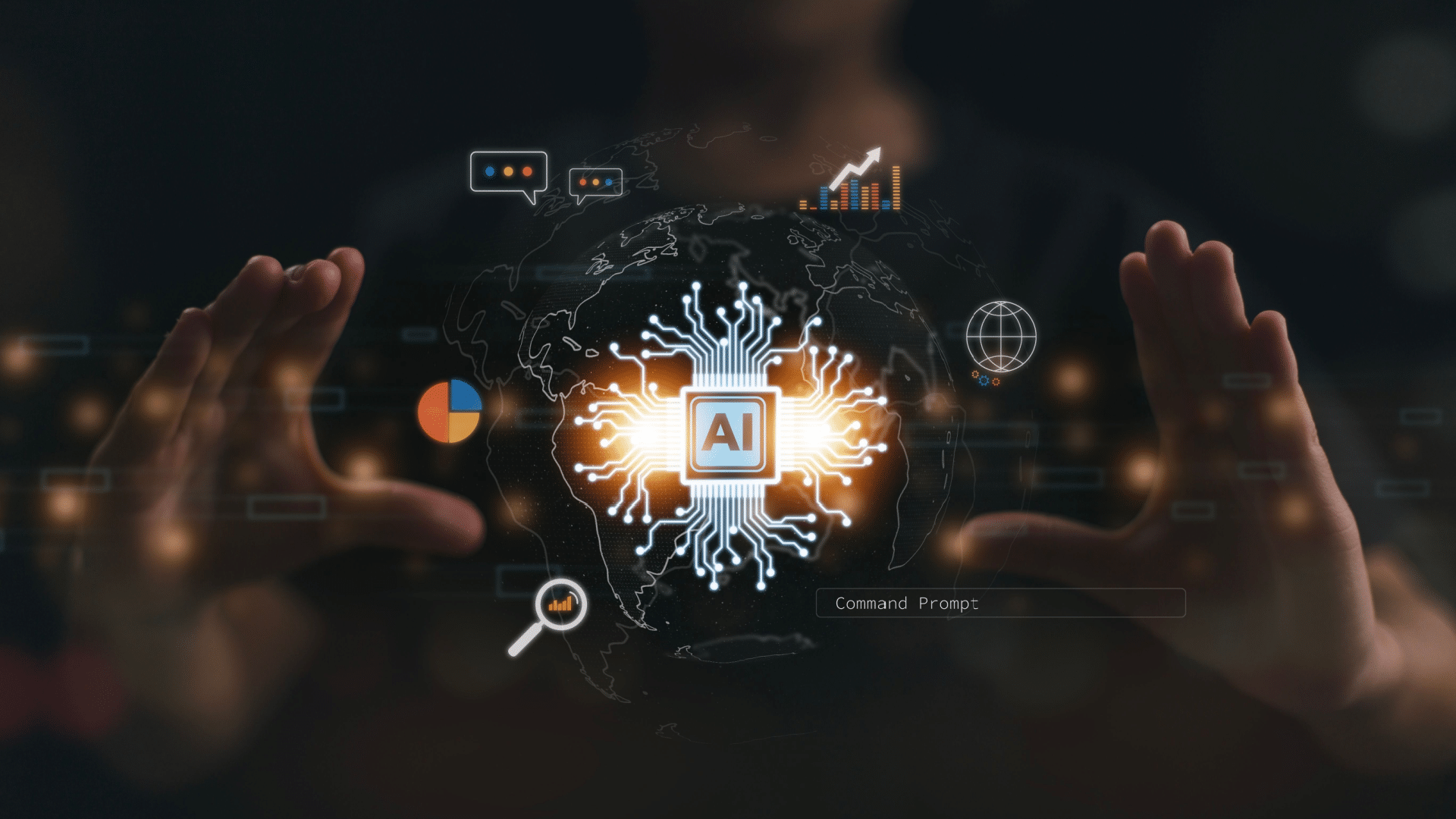AI search is poised to significantly impact SEO by transforming how search engines understand and process information, thereby influencing SEO strategies and practices. Here are the key ways AI search will impact SEO:
-
Understanding and Processing Data: AI enhances the ability to understand, process, and structure data, which is crucial for SEO. This allows for more accurate insights into user interactions with search engines and websites, enabling more effective SEO strategies.
-
Focus on User Intent: AI-driven search engines prioritize user intent and context over traditional keyword-based indexing. This shift necessitates a focus on creating content that aligns with user intent and provides value, rather than merely optimizing for specific keywords.
-
Content Optimization and Creation: AI tools assist in optimizing content by identifying high-performing content, suggesting improvements, and providing keyword insights. This helps in creating content that is more likely to rank well in search results.
-
Automation and Efficiency: AI automates repetitive SEO tasks such as keyword research, content creation, and on-page optimization, increasing efficiency and allowing SEO professionals to focus on strategic initiatives.
-
Impact of Generative AI: The integration of generative AI into search engines, such as Google's Search Generative Experience (SGE), changes how users interact with search results. This can lead to a reduction in traffic to top-level sites but may increase conversion rates for targeted traffic.
-
Challenges and Adaptation: Implementing AI-based SEO strategies requires expertise and high-quality data. SEO professionals must stay updated on algorithm changes and balance innovation with established practices.
-
Personalization and Predictive Capabilities: AI's ability to analyze user data and predict preferences enhances personalization in search, leading to more targeted and relevant search results.
-
Evolving SEO Practices: Traditional SEO practices are evolving to accommodate AI advancements. This includes focusing on content relevance, context, and user experience, as well as optimizing for voice and conversational queries.
In summary, AI search is reshaping the SEO landscape by emphasizing user intent, automating tasks, and enhancing content optimization. SEO professionals must adapt to these changes by focusing on high-quality, user-centric content and staying informed about AI-driven algorithm updates.







